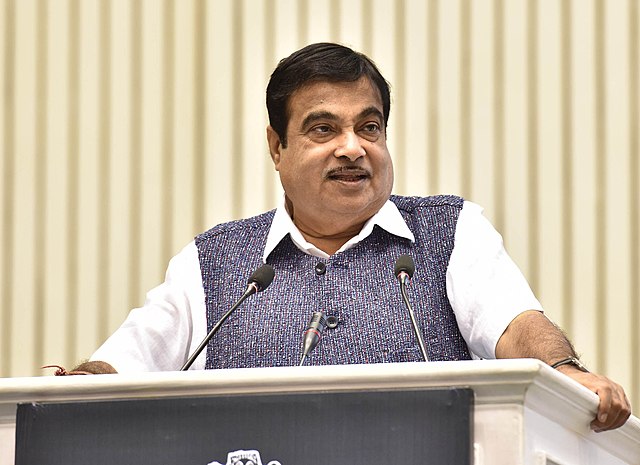Union Minister Nitin Gadkari declared once again that he will not permit the introduction of autonomous cars in India, citing concerns about the potential loss of jobs for millions of drivers. The statement came during a recent interaction with Business Today at an event hosted by IIM Nagpur, where Gadkari emphasised that the large number of people employed as drivers in India would be adversely affected by the advent of driverless technology.
“I said in the US itself that I will not allow driverless cars in India at any cost. This is because, in our country, a large number of people work as drivers… driverless cars will, therefore, snatch their jobs,” Gadkari asserted. The senior BJP leader estimated that if autonomous vehicles were introduced, approximately 70-80 lakh (7-8 million) people could find themselves unemployed, creating a significant challenge for the nation.
This is not the first time Gadkari has expressed his opposition to autonomous vehicles. In both July 2017 and December 2019, the minister publicly voiced his concerns about the potential impact on employment in the driving sector. The recent reiteration of this stance signals a continued reluctance to embrace driverless technology in the country.
During the IIM Nagpur event, Gadkari also addressed the ongoing discussions between the Indian government and Tesla. While expressing a warm welcome to Tesla, Gadkari emphasised the importance of local manufacturing, stating, “We welcome Tesla. But manufacturing in China, and selling in India, that is not possible. We are open to them manufacturing from here only.”
The statement aligns with the government’s push for domestic manufacturing and self-reliance, a key aspect of Prime Minister Narendra Modi’s vision for an economically robust and independent India. It also reflects the broader policy framework aimed at fostering the growth of the electric vehicle industry within the country.
The stance on autonomous cars, however, raises questions about India’s preparedness for the future of mobility and the potential benefits that autonomous technology could bring, including enhanced safety and efficiency. While addressing the concerns of job displacement is crucial, a balanced approach that considers both employment and technological advancements may be necessary to navigate the evolving landscape of the automotive industry.
As India explores opportunities for sustainable and technology-driven transportation solutions, Gadkari’s remarks underscore the challenges policymakers face in finding a middle ground that accommodates innovation while safeguarding employment in traditional sectors.



